When a client asks you for “just a small change” to their WordPress site, it feels different now because AI can often help speed up the process. Across forums, Slack channels, and dev meetups, there’s talk about AI changing how we build websites. Some developers are already neck-deep in this new territory, while others side-eye it from their code editors.
But between the doomsday predictions and utopian promises, something fascinating is happening in WordPress development. And whether you’re hand-coding everything or exploring new frontiers with tools like Divi, the ground is shifting beneath our feet.
- 1 The Rise Of AI In Web Development
- 2 What Tasks Are AI Tools Already Assisting With?
- 3 The Human Touch: Where WordPress Developers Still Excel
- 4 Divi AI: AI Website Building For WordPress
- 5 Time-Saving Or Job-Stealing? The Real Impact Of AI On Development
- 6 Embracing AI While Growing Careers
- 7 The Bottom Line: Adapt, Don’t Resist
The Rise Of AI In Web Development
Remember the days when coding involved endless typing and debugging? Those times are rapidly ending as AI tools revolutionize web development, offering innovative solutions to age-old challenges.
Imagine developers working in a small freelance shop or a bustling agency. They’re turning to AI not just because it’s the latest trend but because it genuinely helps them get things done. Some embraced it immediately, while others approached it more cautiously, testing the waters first.
This transition happened organically, without any grand strategy. AI became integral to web development simply because it proved effective. Teams have adopted it because it enhanced their workflow, not because it was mandated. While the tech world is filled with AI excitement, developers are quietly figuring out what truly works for them.
AI in web development is more than just about new technology. It’s about developers discovering better ways to build websites and tackle problems — a shift that’s certainly worth noting.
What Tasks Are AI Tools Already Assisting With?
Before we debate, let’s examine what’s happening in WordPress development today. AI tools are already quietly revolutionizing how we work. Here’s where they’re making the biggest impact.
Code Generation & Debugging
Think about the last time you scrolled through Stack Overflow for hours, hunting down that elusive code snippet. Are you sure this memory is from a recent time? Modern AI coding assistants transform how developers tackle WordPress tasks — from basic theme modifications to complex plugin integrations.
These tools shine brightest when handling repetitive coding tasks. Do you need a custom post type for your client’s real estate listings? Or perhaps a set of advanced meta fields for their event calendar? What used to take hours of meticulous coding now takes minutes. AI serves as an intelligent collaborator, offering suggestions while developers focus on architecture and optimization.
The debugging capabilities are particularly noteworthy. Rather than getting lost in a maze of error logs, developers can quickly pinpoint issues in their code, spot potential plugin conflicts, or identify performance bottlenecks. It’s like having a senior developer looking over your shoulder, minus the coffee breath.
Design & Layout Assistance
Web design fundamentals can feel like a maze — especially when deadlines are breathing down your neck. While AI won’t magically transform anyone into Picasso, it’s becoming a solid wingman for understanding design principles on the fly.
Think of it as your personal design theory companion. Do you need quick answers about vertical rhythm? Wondering why that hero section feels off? Are you confused about what pages your site should have? These tools break down core concepts without the fluff, helping developers grasp key principles faster than endless YouTube tutorials.
The real value shows up when tackling layout challenges. Rather than getting lost in a sea of conflicting advice, developers can get straight answers about grid systems, visual hierarchies, and spacing. But make no mistake — the tools just explain the rules for the most part.
Content Creation & Optimization
WordPress developers spend more time than they’d like wrestling with content — tweaking meta descriptions, fixing heading structures, and untangling messy client copy. While AI won’t replace quality writing, it’s becoming a solid backup singer in the content band.
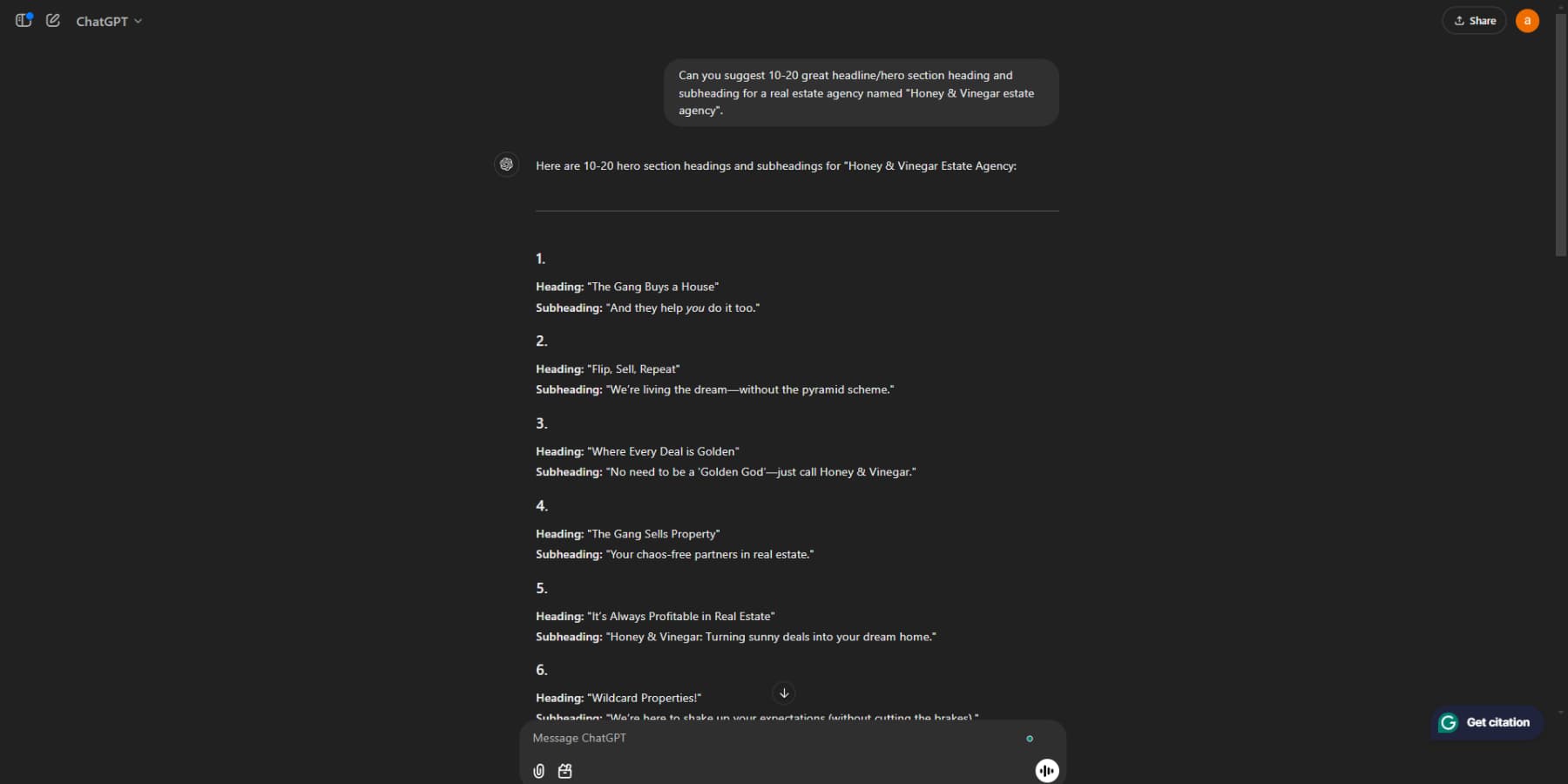
These tools excel at the nuts and bolts. Do you need to restructure a mess of headings or quickly check if your content structure makes sense? The machines handle these tedious tasks while developers focus on the bigger picture. They’re convenient for catching basic SEO mishaps before they tank your rankings.
But let’s keep it accurate — AI isn’t crafting compelling brand stories or nailing your client’s unique voice. It’s more like having a detail-oriented intern who catches the small stuff.
The tools spot formatting issues, suggest basic optimizations, and help maintain consistency across pages. They are perfect when you need a second set of eyes on the technical side of content without getting lost in the creative weeds.
Testing & Quality Assurance
Have you ever spent your Friday night hunting down a random layout error on page 47 of your client’s site because of a custom code snippet you added? Yeah, it’s not fun. AI testing tools now handle these tedious tasks while you focus on the good stuff — like making that tricky membership system work perfectly.
You’ll love how these tools blast through basic tests. Drop your code to AI assistants, and they’ll flag those pesky issues that used to eat up your afternoon — conducting code reviews to ensure quality standards are met, identify potential bugs, and suggest improvements.
But here’s what makes it useful: you get to spend your time testing the features that matter. While the AI checks if images load properly, you can fine-tune your client’s custom event calendar or make sure their product filters work like a charm. The goal is to provide you the space to apply your testing skills where they matter most, not to replace them.
The Human Touch: Where WordPress Developers Still Excel
A client walks in with a coffee-stained napkin covered in scribbles and arrows — their “vision” for a new website. No amount of processing power can translate that mess into a working solution, but WordPress developers live for these moments.
Sure, machines can write basic functions and debug simple errors, but they can’t feel the pulse of a project. WordPress developers know when that trendy plugin would slow down the site or why that flashy feature might hurt conversion rates.
Behind every successful WordPress site stands a developer who’s weathered countless launches, fixed mysterious bugs at midnight, and learned exactly which shortcuts never to take. That’s not knowledge you can scrape from forums — it comes from getting your hands dirty in the code trenches.
Development Is More Than Just Coding
Writing code is just one piece of the puzzle. The best WordPress developers aren’t just coders — they’re problem solvers, communicators, and strategic thinkers. Let’s explore the human elements that no algorithm can replace.
Strategic Problem Solving
Take any successful WordPress project and peek behind the curtain. You won’t find a straight line from start to finish — instead, you’ll spot a web of decisions that shaped the final product. WordPress developers don’t just write code; they navigate through technical mazes while juggling business requirements.
Last week’s “simple” membership site? It probably needed a complete rethink of user roles, custom post types, and payment gateways. That’s where developers shine — breaking down complex problems into manageable chunks, weighing trade-offs, and picking solutions that scale.
While AI can suggest code snippets, it can’t map the journey from problem to solution. That takes a human who understands both the technical landscape and business realities.
Client Relationship Management
Have you ever experienced a meeting in which your client casually mentions they “just need a small shop feature”? Between the head nods and coffee sips, you’re probbly already mapping out payment gateways, shipping zones, and inventory systems.
These moments define our work. We can sense the panic in a client’s voice when their site crashes before a big launch, feel their excitement about new features, and know exactly when to suggest a better approach to their wild ideas.
Some clients need hand-holding, others need straight talk, and a few need to be saved from themselves. No chatbot or code generator can read a room like that or turn a stressed-out client into a long-term partner.
Custom Business Solutions
Cookie-cutter solutions don’t cut it when a business needs something unique. Take that local gym owner who wanted members to book classes, track nutrition, and manage their subscriptions — all from a single dashboard. You won’t find that exact solution in any plugin marketplace.
WordPress developers thrive on these challenges. We mix and match APIs, craft custom plugins, and sometimes wholly rethink how features should work together. Each business brings its quirks and needs to the table.
Maybe it’s a weird tax calculation for a specific country or a booking system that offers several services with odd timing. The magic happens when we transform these oddball requirements into smooth, working solutions.
Understanding Brand Context
Remember that high-end restaurant website where the client insisted their menu items float across the screen? Most developers would jump straight to the fancy animations. But seasoned WordPress pros ask the right questions first: “Will this help your customers find what they’re looking for? How will this work on mobile?”
Brand context shapes everything — from color schemes to checkout flows. We’ve seen enough projects to know when a sleek design hurts usability or when simple beats fancy. Each decision needs to reflect the brand’s personality while keeping users happy.
Sometimes, that means talking a client out of a flashy feature, and other times, it means finding creative ways to make their wild ideas work without breaking the site.
What AI Cannot Do For WordPress (Yet)
For all its capabilities, AI has clear limitations. Understanding these boundaries isn’t about dismissing AI but effectively using it. Here’s where AI tools still fall short in WordPress development.
Contextual Decision Making
Picture this: A local gym owner wants their members to book classes via iMessage, claiming “that’s what everyone uses.” While AI might suggest developing an iMessage integration, seasoned WordPress developers know it’s important to explore further. Perhaps the real issue is that members are frustrated with the current booking system, or maybe the staff needs a more efficient way to manage attendance.
WordPress developers make these judgment calls daily, weighing technical possibilities against practical business needs. For example, when a restaurant client insists on having music auto-play on their homepage, experienced developers know to first consider the impact on mobile users and bounce rates — not just how to code the feature.
These decisions are informed by countless past projects, failed experiments, and successful launches. Reading situations, understanding unstated problems, and sometimes telling clients what they need to hear rather than what they want to hear — something no algorithm can truly master.
Business Logic Implementation
Have you ever tried explaining to an AI why a membership site needs different pricing tiers based on the weekday? Okay, that’s a stretch — but WordPress developers tackle equally unique business requirements daily, from calculating shipping costs based on package dimensions to setting up automated emails that only fire when three separate conditions align perfectly.
These aren’t just technical puzzles — they’re business logic challenges that require a deep understanding of how organizations actually work. WordPress developers spend hours untangling complex workflows that sound simple in client meetings but involve dozens of edge cases and “but what if” scenarios.
Sure, AI can help write basic conditional statements, but it can’t map out the intricate dance between your client’s inventory system, their loyalty program, and that peculiar tax calculation they need for international orders. That’s where human developers shine — turning business quirks into working code.
Security & Performance Optimization
Speed and security in WordPress demand expertise that AI just can’t replicate. When a site needs serious performance gains, developers know exactly how to leverage WP Rocket’s caching options and lazy loading — turning a slow site into a fast one.
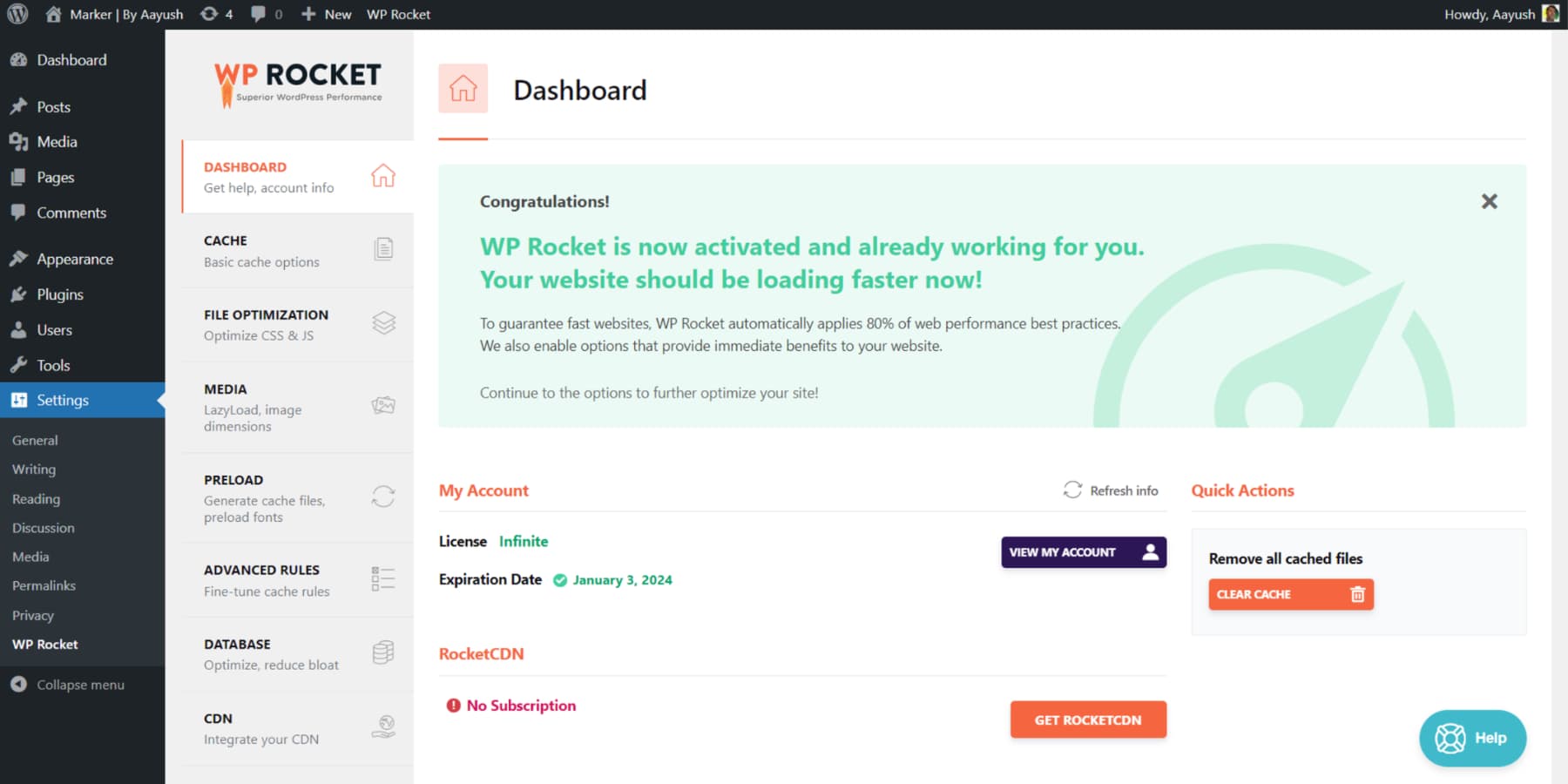
When client websites are crammed with massive images, EWWW Image Optimizer reduces load times without turning photos into a pixelated mess.
The security game runs even deeper. SiteGround offers serious server-level protection, while Solid Security handles the front lines with real-time monitoring and smart firewalls. Each tool needs someone who knows the WordPress website fairly. Not all solutions are universal, and every site needs trial and error.
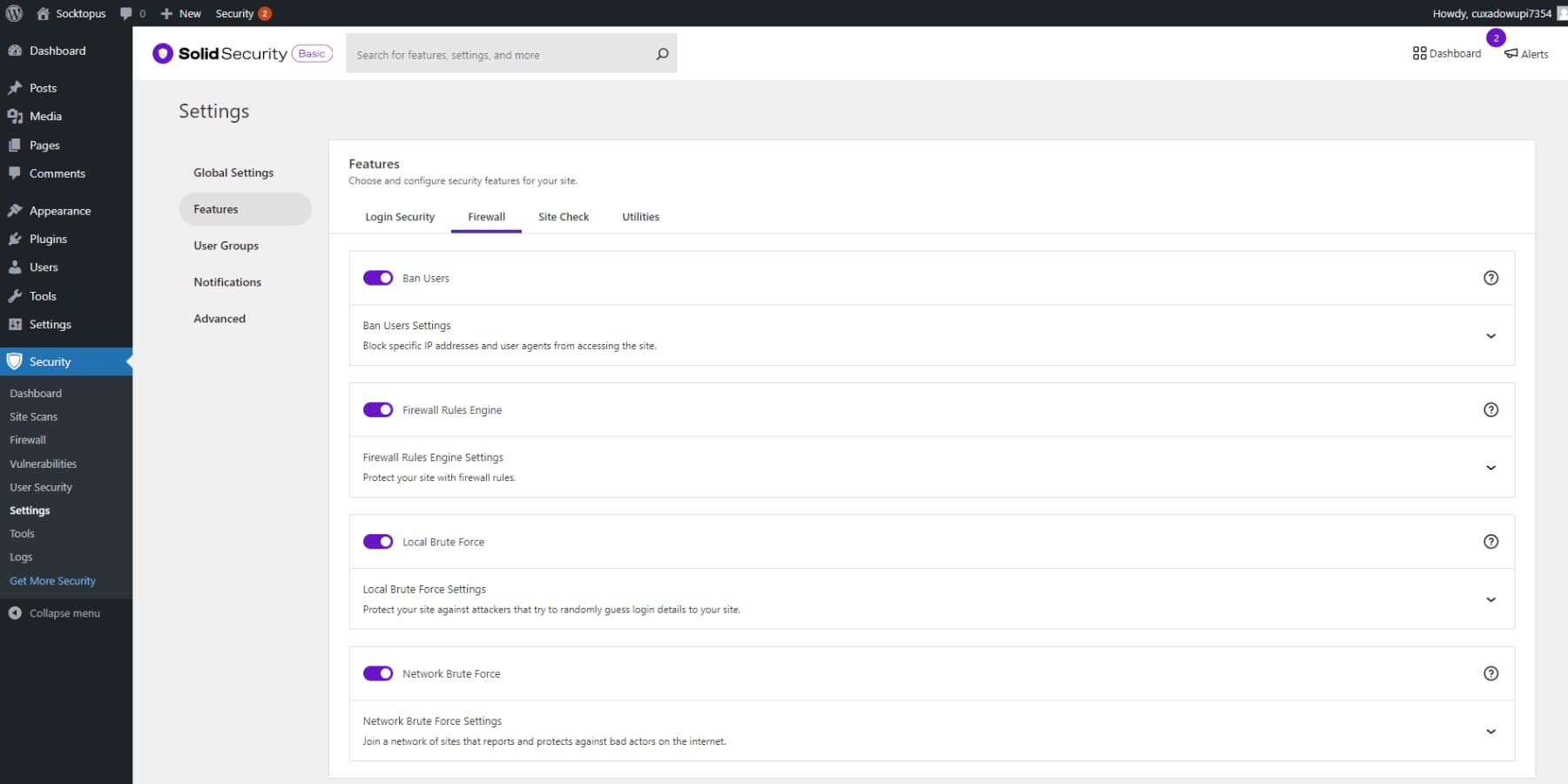
Sure, AI can suggest how to fix a slow page load or what to do when encountering suspicious login attempts. But implementing that perfect blend of speed and security? That’s still firmly in human territory.
Divi AI: AI Website Building For WordPress
Most WordPress developers have strong opinions about AI in web development. Divi strikes a unique balance — enhancing developer workflows with tools that make sense in production.
The Visual Builder eliminates the endless code-to-browser tab dance. Build in real-time, watch changes instantly come alive. Developers who’ve switched often ask themselves why they waited so long. WordPress developers who’ve made the switch often wonder how they survived without it.
Pack your toolkit with 200+ design modules and 2000+ pre-built layouts. These designs free up your brain space for solving those weird client requirements that no AI could figure out.
Likewise, Theme Builder puts you in control of site-wide elements through a visual interface that both you and your clients understand. Style every inch of your website, from headers to footers to category archives and product sections, without diving into PHP files.
Power Up Your Workflow With Divi AI
Here’s where Divi gets interesting for WordPress developers who are skeptical about AI. Instead of replacing your design decisions, Divi AI acts like a smart design partner right inside the Visual Builder.
While you focus on site architecture, Divi AI can draft headlines and content blocks — not the usual Lorem Ipsum nonsense, but content that fits your client’s brand voice and moves their story forward.
WordPress developers often get stuck playing art director when clients can’t afford professional photography. That’s where Divi AI flips the script — helping you generate custom visuals or enhance existing photos that would otherwise tank your project’s budget. No more awkward conversations about image licensing or expensive photo shoots. Only results that keep your projects moving forward.
But here’s what catches a developer’s attention — instead of wrestling with custom CSS and JavaScript for those unique layout requirements, you can describe what you need to build. Divi AI translates that into clean, compatible code that plays nicely with existing modules and settings.
Divi Pro: Save Hundreds (Hours And Dollars)
Level up your WordPress toolkit with Divi Pro. Beyond the AI features (which start at $16.08/mo when purchased separately), you’ll get:
- Divi VIP ($6 monthly separately): Skip the support queue with 30-minute response times and round-the-clock help and save 10% on Marketplace purchases.
- Divi Teams ($1.50/person monthly separately): Build with up to 4 team members in one workspace. Perfect for agencies managing multiple client projects and controlling who can edit what.
- Divi Cloud ($6 monthly separately): Store and reuse your best layouts and design elements across projects. No more digging through old sites to find that perfect header design.
Get the complete Divi toolkit for $277/year — that’s $388 less than buying features separately. Your Pro membership includes Divi AI, Cloud storage, VIP support, and team access for up to 4 members.
Want to go all in? The Lifetime + Pro bundle gives you permanent Divi access plus yearly Pro features at $297 your first year, then $212 annually. You’ll save $528 while locking in lifetime access.
Divi Quick Sites: Deliver Projects Faster
WordPress developers know the drill — clients want full websites yesterday. Divi Quick Sites with AI changes this game. Tell Divi Quick Sites what the business needs, and within minutes, you’ve got a complete site ready for customization — menus, forms, and even eCommerce functionality intact.
Unlike basic AI builders that cobble together random elements, Divi Quick Sites delivers cohesive designs with harmonious typography, spacing, and components.
Still unsure about AI-generated designs? Divi Quick Sites offers a curated Starter Sites collection packed with unique layouts and custom visuals you won’t find anywhere else. For WordPress developers, this means delivering polished sites to clients without relying on AI generation.
The Visual Builder keeps everything flexible — you can tweak layouts, adjust color schemes, or restructure content without diving into code. Your clients get a site that can grow with their business, and you maintain complete control over the development process.
Experience The Divi Difference
While AI chatbots can generate simple HTML and CSS, they can’t match Divi’s deep WordPress integration. The Visual Builder transforms your workflow, with tools like Rank Math built right in — turning SEO from a post-launch chore into a natural part of development.
Need third-party integrations? Skip the AI code suggestions and tap into Divi’s ecosystem of 75+ ready-to-use services and plugin integration. That’s the difference between piecing together snippets and having a reliable development toolkit.
Tap into the Divi Marketplace for premium themes, layouts, and extensions built by developers who understand real-world WordPress needs — not theoretical AI suggestions. Browse hundreds of battle-tested additions that deliver actual results for clients.
Want to push creative boundaries? Our API lets you build custom solutions far beyond what AI tools can generate. Your Divi license covers unlimited sites and projects, plus you could join our 76,000-strong Facebook community, sharing wins and solutions daily, backed by expert support when you need it.
Time-Saving Or Job-Stealing? The Real Impact Of AI On Development
Let’s cut through the noise and look at the real numbers. How are AI tools affecting development timelines, project costs, and job opportunities? The answer might surprise you.
AI: Friend Or Foe To Jobs?
WordPress developers using AI tools like Divi AI report completing basic tasks 40-60% faster — but they’re not working less. Instead, they’re tackling more complex projects and delivering better results.
Think about those repetitive tasks that used to eat up your day. Writing basic PHP functions, troubleshooting simple CSS issues, or generating meta descriptions — AI handles these efficiently. Here’s what developers are experiencing with AI assistance:
| Task Type | Time Saved (Approximate) |
|---|---|
| Basic PHP Functions | 50-60% |
| CSS Troubleshooting | 30-40% |
| Meta Description Generation | 70-80% |
| Theme Customization | 40-50% |
But here’s what’s fascinating: developers aren’t losing work. They’re shifting their focus to high-value tasks that machines can’t touch. The demand for strategic thinking and WordPress expertise keeps growing. Agencies get to hire more developers, not fewer, because faster delivery times open doors to bigger projects.
Market Demand Shifts
Remember when clients wanted a simple WordPress site with a few pages and a contact form? Those days are fading fast. Today’s clients come armed with hefty wish lists — membership portals, custom booking systems, and complex payment flows. They’re not just asking for websites anymore; they want complete digital solutions.
WordPress developers who’ve embraced tools like Divi confidently take on these bigger challenges — not because they’re AI wizards but because they know precisely when to use these tools and, more importantly, when not to.
Take Divi’s Quick Sites, for example. Competent developers use it to handle the groundwork quickly, freeing up time to tackle the meaty stuff their clients care about. It’s not about cutting corners; it’s about working smarter.
Risk Assessment And Mitigation
Every WordPress developer knows that sinking feeling when a plugin update breaks a client’s site. Now, add AI tools to that mix.
AI isn’t perfect. Those slick AI-generated layouts might look great, but they need a developer’s eye to spot potential layout issues. And that code suggestion? There might be some optimization the code would work with.
But smart developers don’t just rely on tools. They:
- Keep staging environments ready
- Run thorough testing before pushing changes live
- Maintain solid backup systems using plugins like UpdraftPlus
- Document what AI tools touched (and how)
Here’s where Divi shines differently from standalone AI tools. When you use Divi’s AI features, you’re working with something built specifically for Divi’s codebase. It understands theme hierarchies and knows about WordPress hooks.
Quality Control Considerations
Quality control in WordPress development looks different when AI enters the picture. Think of those late-night code reviews — now you’re checking both human and machine-written code. These are the things that matter:
- That site performance is consistent
- That code remains maintainable
- That security isn’t compromised
- That accessibility standards hold up
Smart teams run projects through the same quality checks, whether AI helped or not. Because at the end of the day, your client doesn’t care how their site was built — they care that it works.
Embracing AI While Growing Careers
Instead of viewing AI as competition, smart developers are turning it into a career catalyst. Here’s how to position yourself for success in an AI-enhanced WordPress landscape.
Upskilling For The AI Era
The brightest WordPress developers aren’t fighting AI — they’re getting better at what machines can’t do. AI can write essential functions or suggest color schemes but can’t replace solid technical expertise and creative problem-solving.
Success in this new landscape means focusing on skills that matter:
- Advanced WordPress architecture and optimization
- Strategic decision-making for client solutions
- Security implementation and best practices
The key isn’t becoming an AI expert — it’s strengthening your core development skills while understanding how AI tools can complement your workflow. Moreover, using AI to help you with your workflow means more free time — use it to decompress or pick up new skills from websites like Udemy that will help you finally catch up with those MySQL skills you have been looking to refresh.
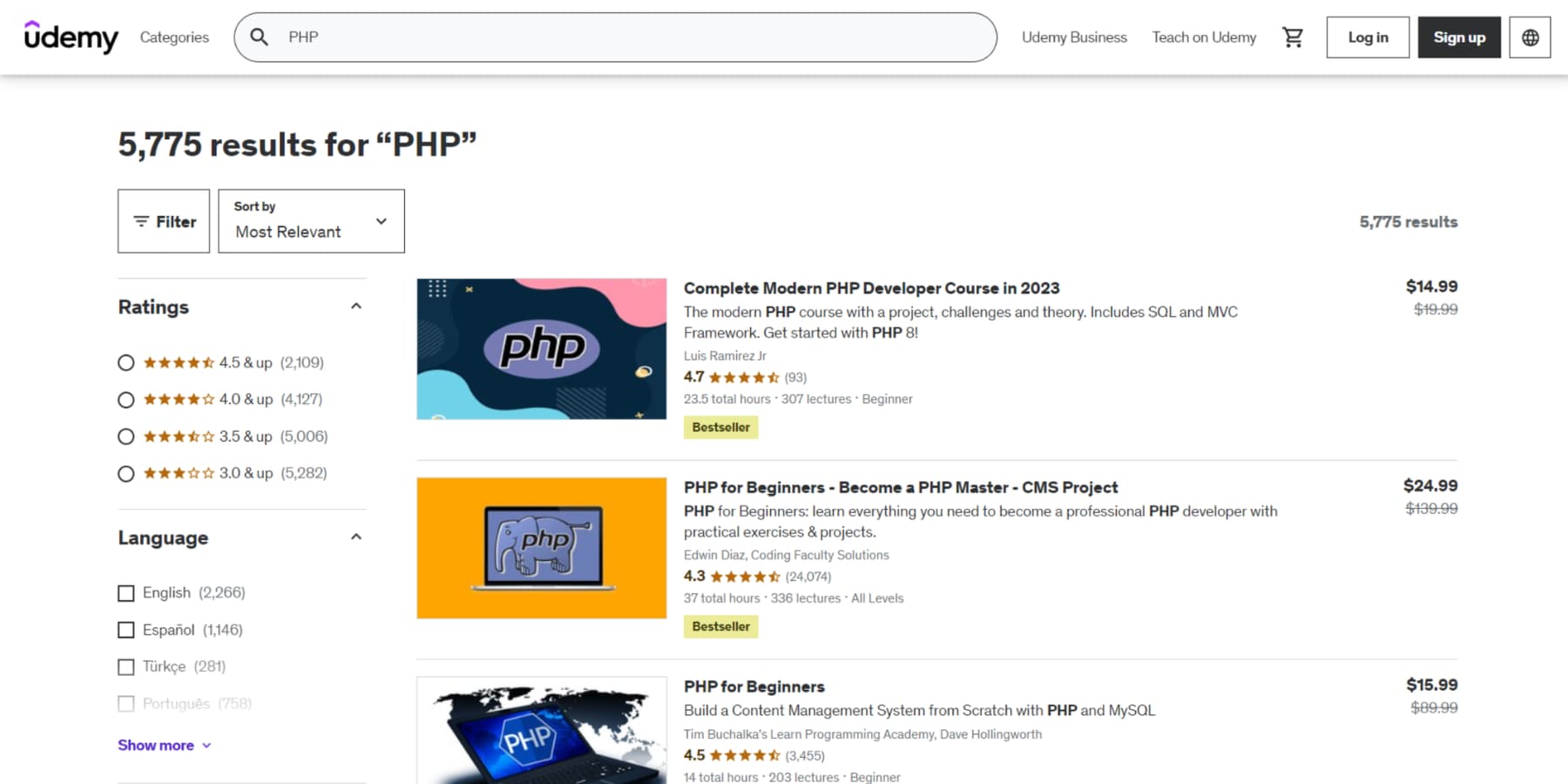
Adapting Business Models
Competent WordPress agencies are shifting their pricing models. Instead of charging by the hour for basic development tasks, they’re selling strategy and expertise — the stuff AI can’t do.
Some agencies now offer tiered services: rapid prototyping with AI assistance for budget-conscious clients and fully custom solutions for those who need more. Others bundle AI tools into their workflow while keeping rates steady, delivering projects faster without sacrificing quality.
The focus? Selling outcomes, not hours. Because when clients understand the value of human expertise in their digital projects, price becomes secondary to results.
New Opportunities In WordPress Development
Remember when everyone panicked about page builders killing custom WordPress development? That didn’t happen. The same goes for AI — it’s creating new specialties, not eliminating jobs.
Security experts are in high demand as sites integrate more AI tools. API specialists are crafting custom solutions that connect WordPress with emerging technologies. Performance optimization has gotten more complex, especially for sites running multiple AI integrations.
The sweet spot? Custom plugin development. Businesses need solutions that do more than just the basics — they want sophisticated eCommerce features, smart content management, and advanced analytics. These aren’t cookie-cutter problems you can solve with an AI prompt. They need developers who get both the technical bits and the business side.
Building AI-Enhanced Workflows
Competent developers know which tasks to automate and which need a human touch. First, map out your everyday tasks. Notice where you spend most of your time writing product descriptions or adjusting CSS. Create templates for these repetitive jobs, and let AI handle the groundwork.
AI works best as your coding companion. Feed it your trickiest layout problems, and watch it suggest solutions. Your expertise helps you pick the proper fixes and adapt them perfectly to each project.
Divi’s Visual Builder makes this workflow feel natural. AI is integrated into your canvas, so you can do many tasks with Divi AI without having to jump around tools or tabs.
Quick testing and adjustments keep your projects moving smoothly. Your code stays clean, your clients remain happy, and you maintain complete control over every development aspect while staying ahead of the curve.
Leveraging AI As A Competitive Advantage
Blend AI tools with solid development practices to elevate your WordPress projects. Create mockups quickly with Divi Quick Sites, then add custom touches to make each site stand out. Give your clients more design options without spending extra hours pushing margins and padding around.
Make the most of every project hour. Let AI tackle content blocks and image edits while you build custom plugins or perfect user flows. Turn routine tasks into opportunities. While AI handles basic content blocks and image editing, spend your energy crafting custom plugins or optimizing user flows. Your clients enjoy quick delivery times and polished results.
Your clients care about outcomes, not tools. However, show them how your AI-enhanced workflow delivers better websites faster. Share examples of complex problems you solved by combining AI assistance with your expertise. Build trust by explaining your process openly.
This transparency turns AI from a buzzword into a genuine business advantage. Knowing exactly where your expertise counts most will outpace the AI skeptics and the over-enthusiasts. Innovative tools support great work — they don’t replace it.
The Bottom Line: Adapt, Don’t Resist
Look around — the best WordPress developers aren’t running from AI. They’re building better websites in half the time while keeping their creative control. You can do the same.
Want to start? Here’s your toolkit. With Divi’s ecosystem, you will speed up your workflow in no time:
| Tool | Purpose | |
|---|---|---|
| Divi AI | AI-powered design assistant | Get |
| Divi VIP | Priority support service + marketplace discounts | Get |
| Divi Teams | Team collaboration for Divi users | Get |
| Divi Cloud | Layout storage solution | Get |
| Divi Quick Sites | AI-powered website generation | Get |
| Divi Pro | All of the above bundled (save up to $528) | Get |
Plus, these trusted plugins will help you deliver rock-solid results:
| Tool | Purpose | |
|---|---|---|
| WP Rocket | Caching plugin | Get |
| EWWW Image Optimizer | Image optimization tool | Get |
| SiteGround | WordPress hosting | Get |
| Solid Security | Security plugin | Get |
| Rank Math | SEO plugin | Get |
| UpdraftPlus | Backup plugin | Get |
| Udemy | Online learning platform | Get |
You already know how to build great websites. Now, you can create them faster, tackle bigger projects, and make your clients happier. Grab Divi today and see the difference in your very next project.

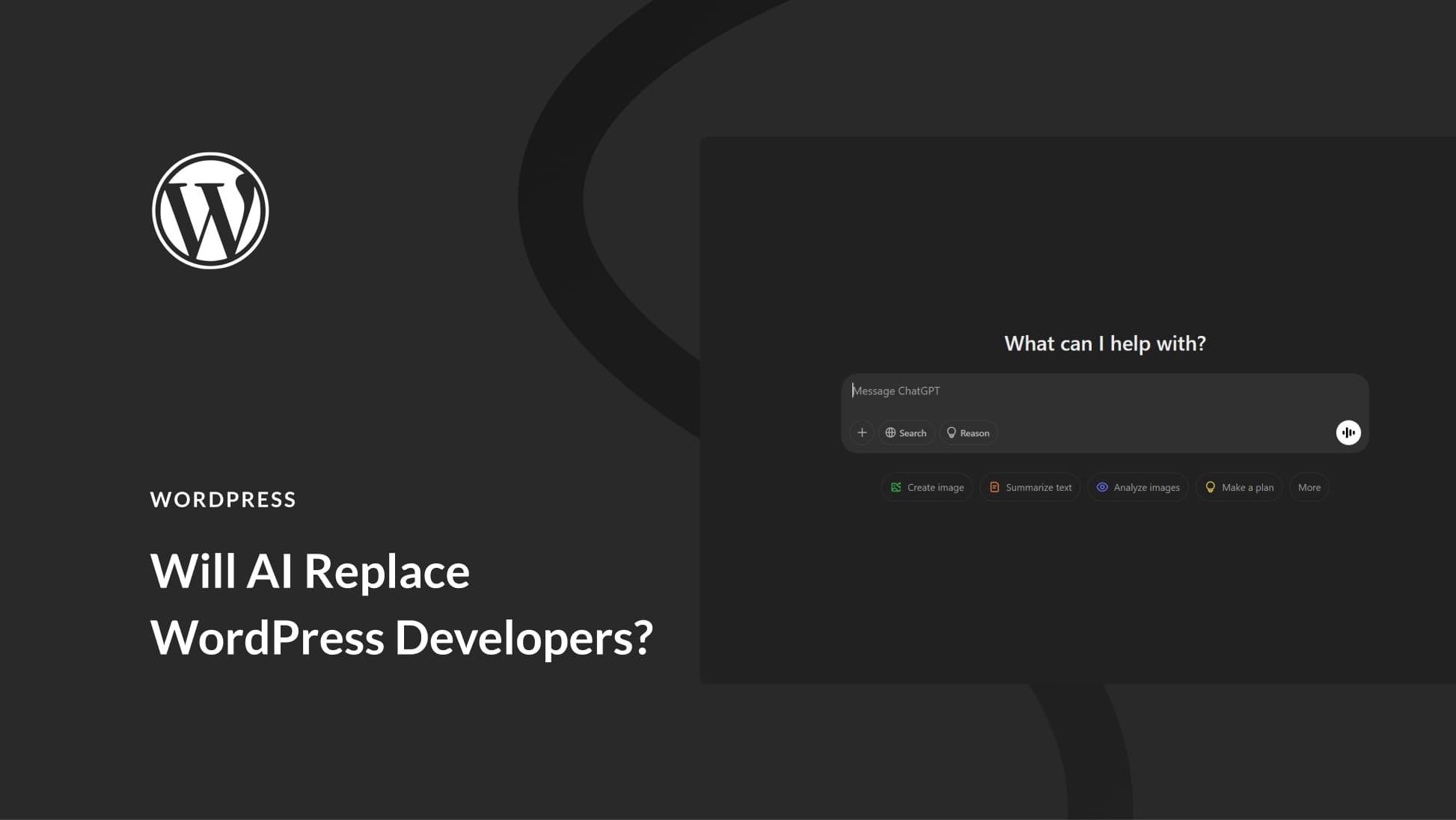
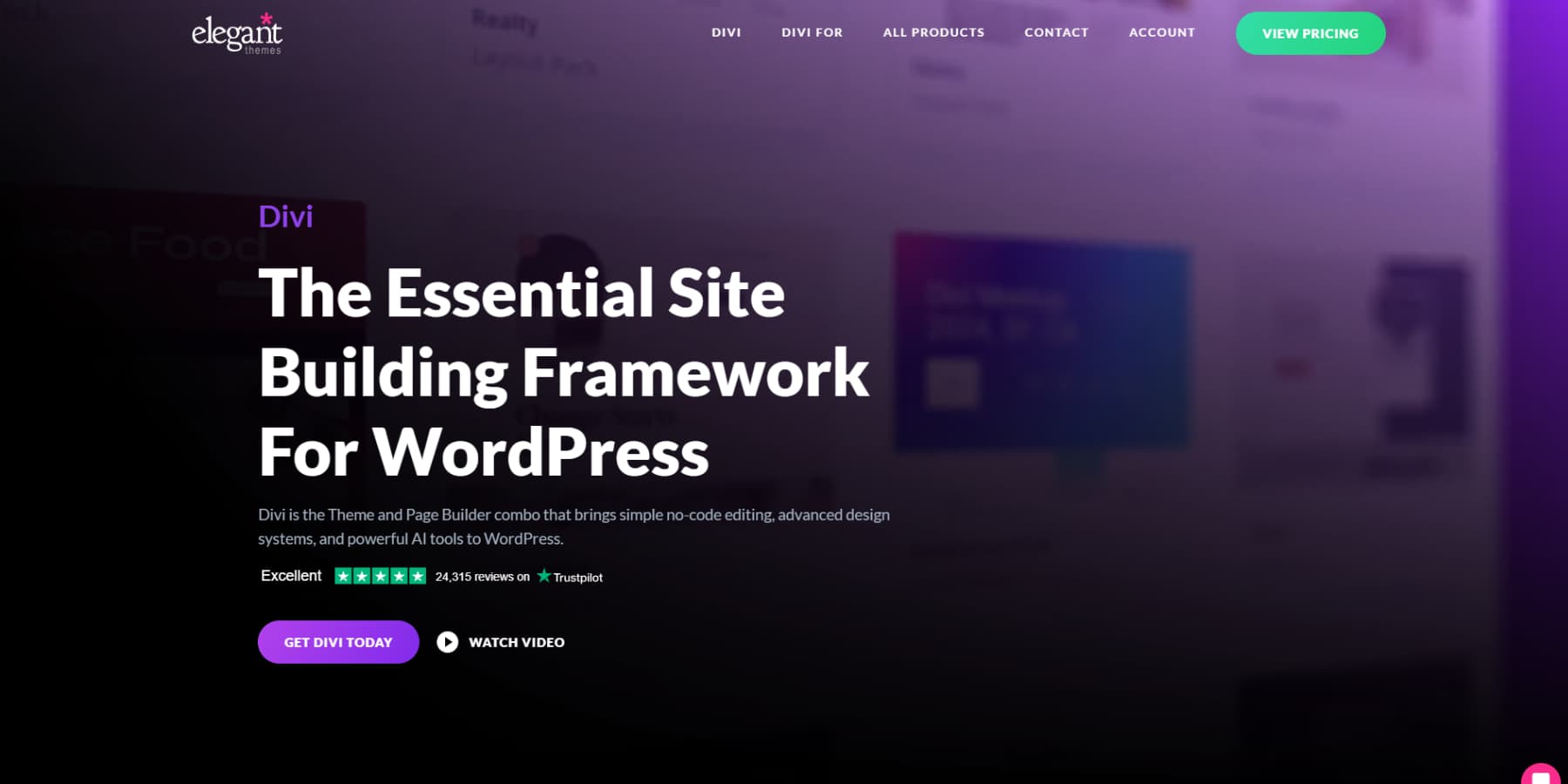

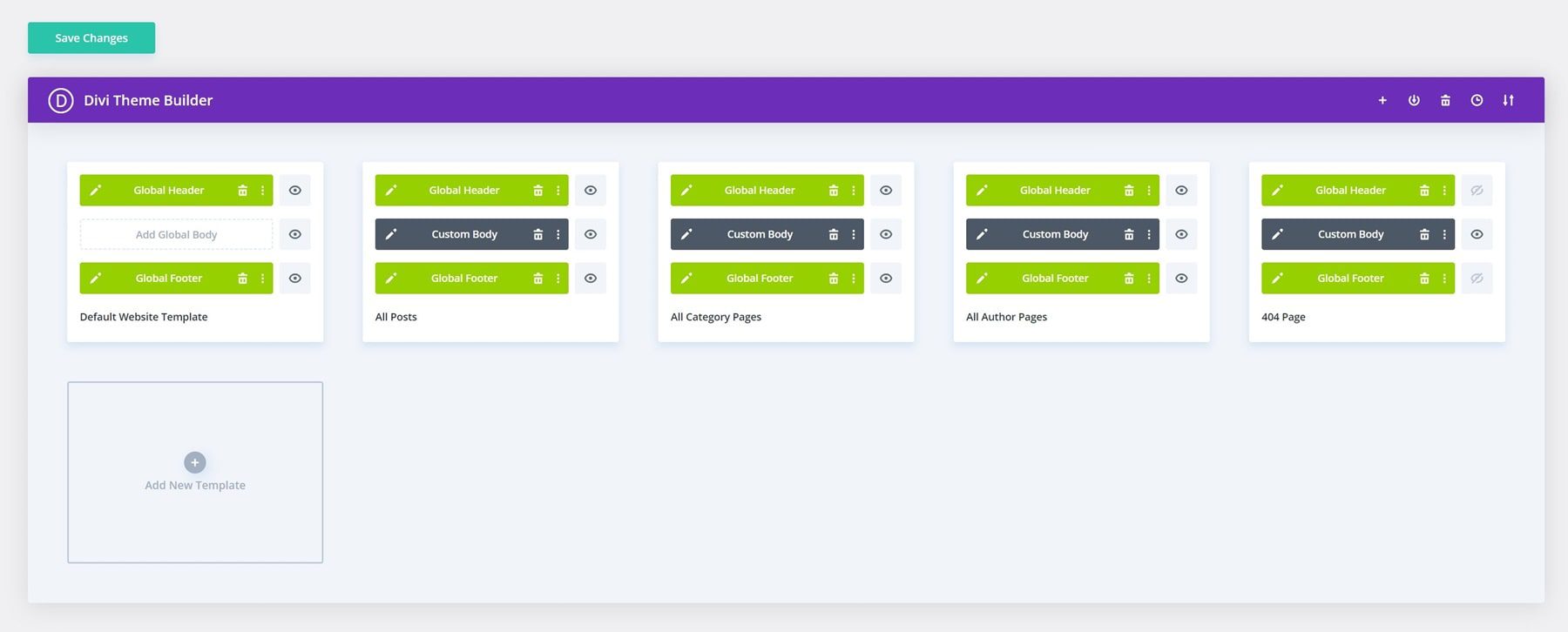
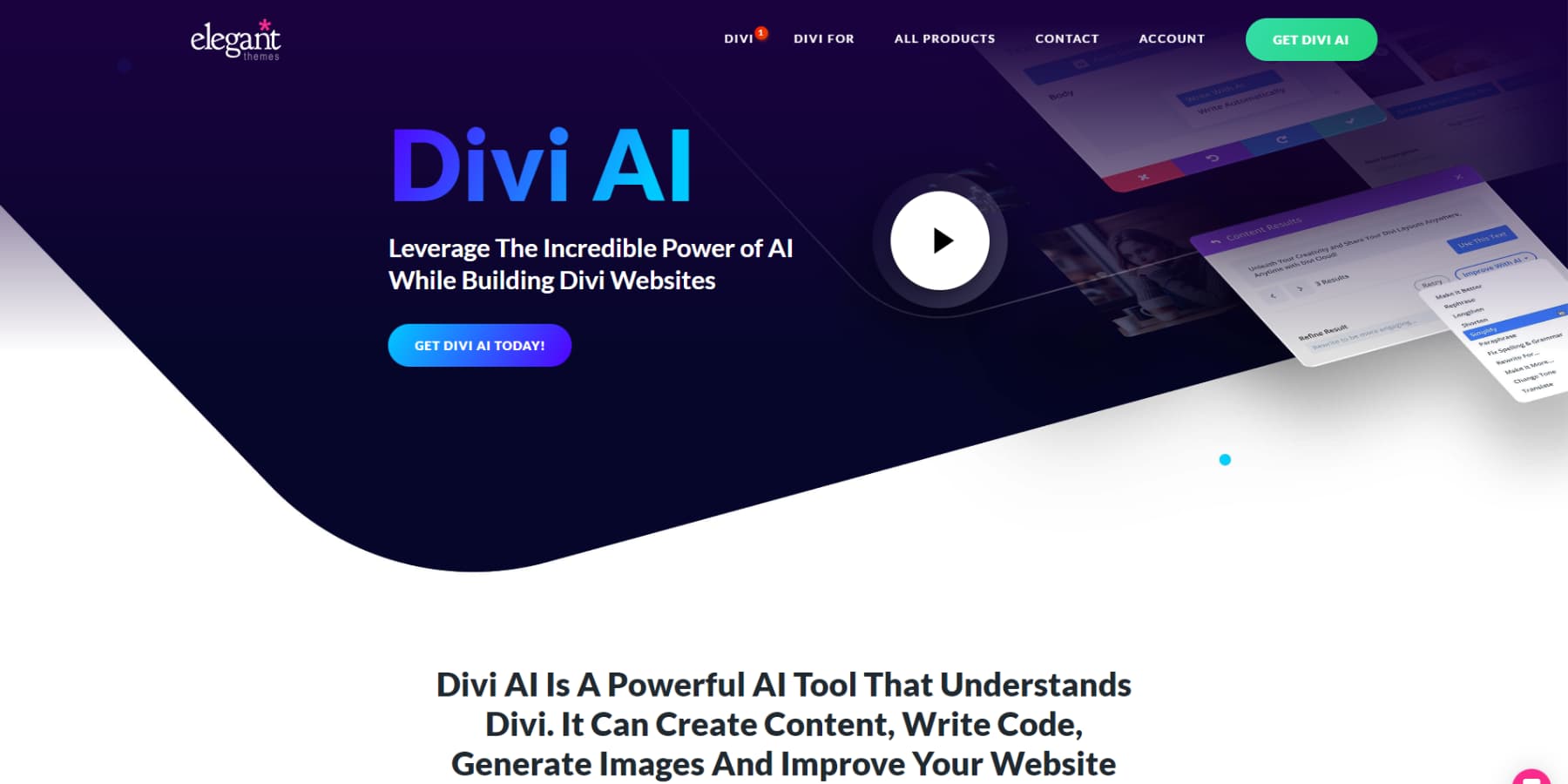
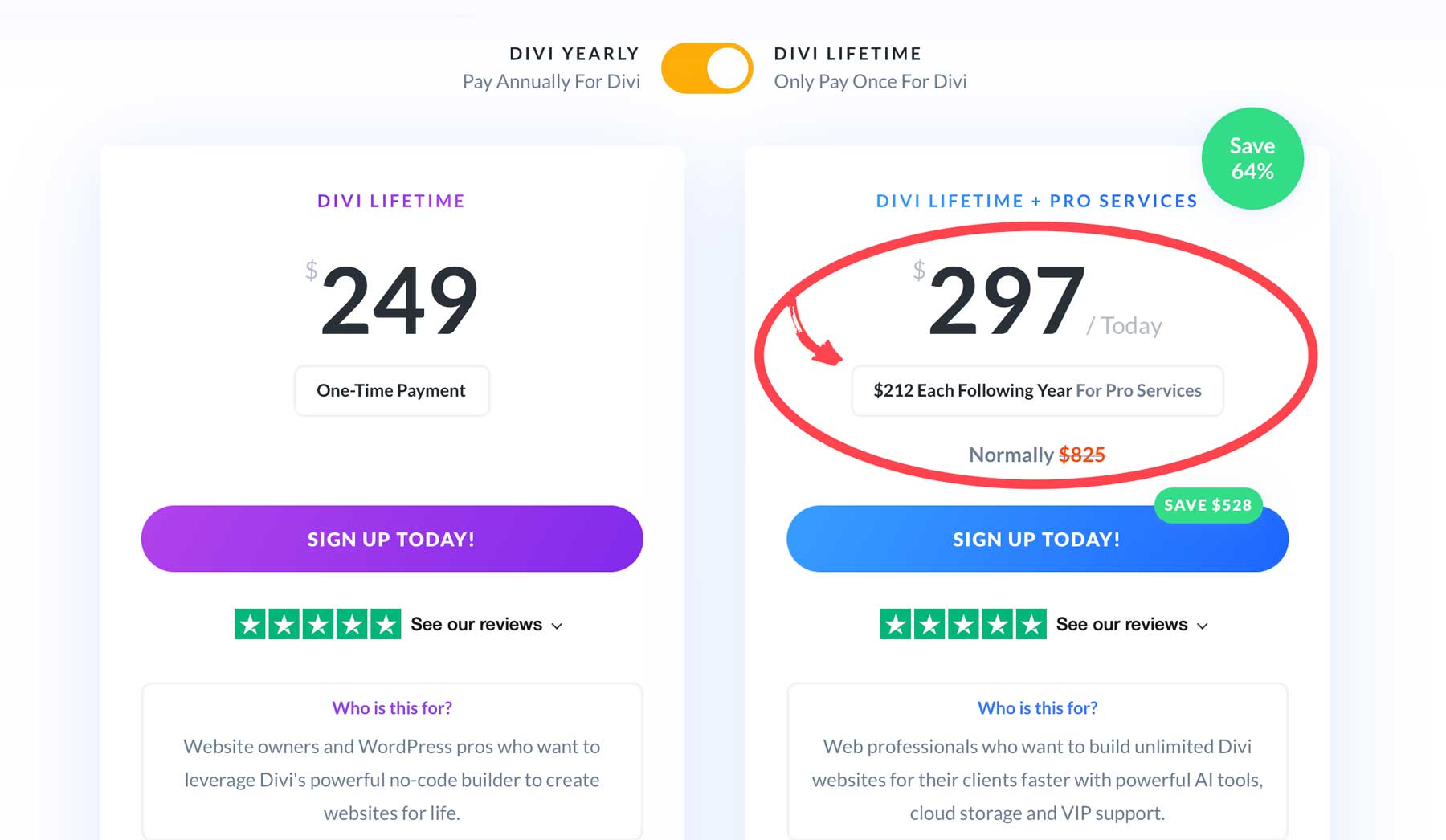
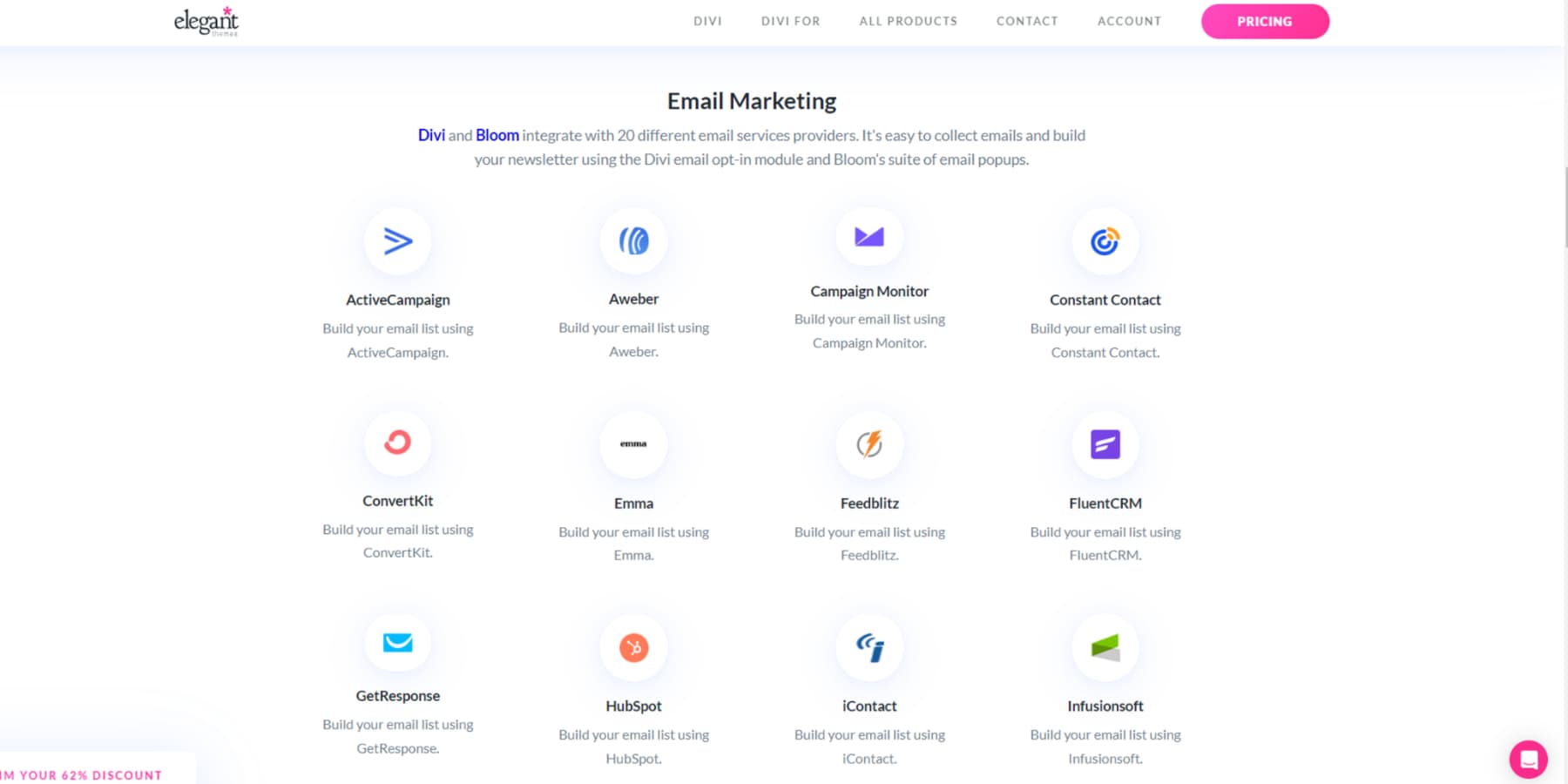
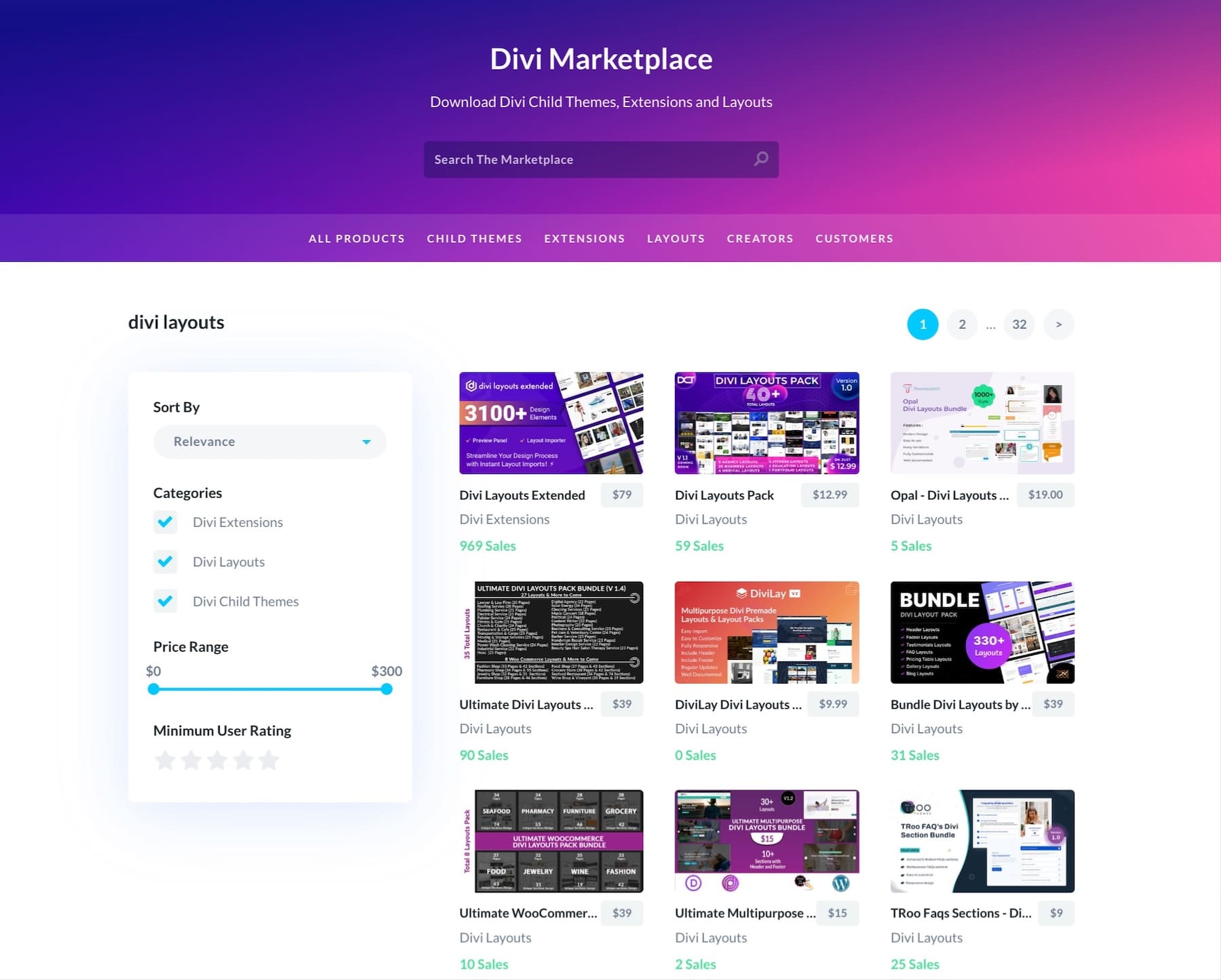





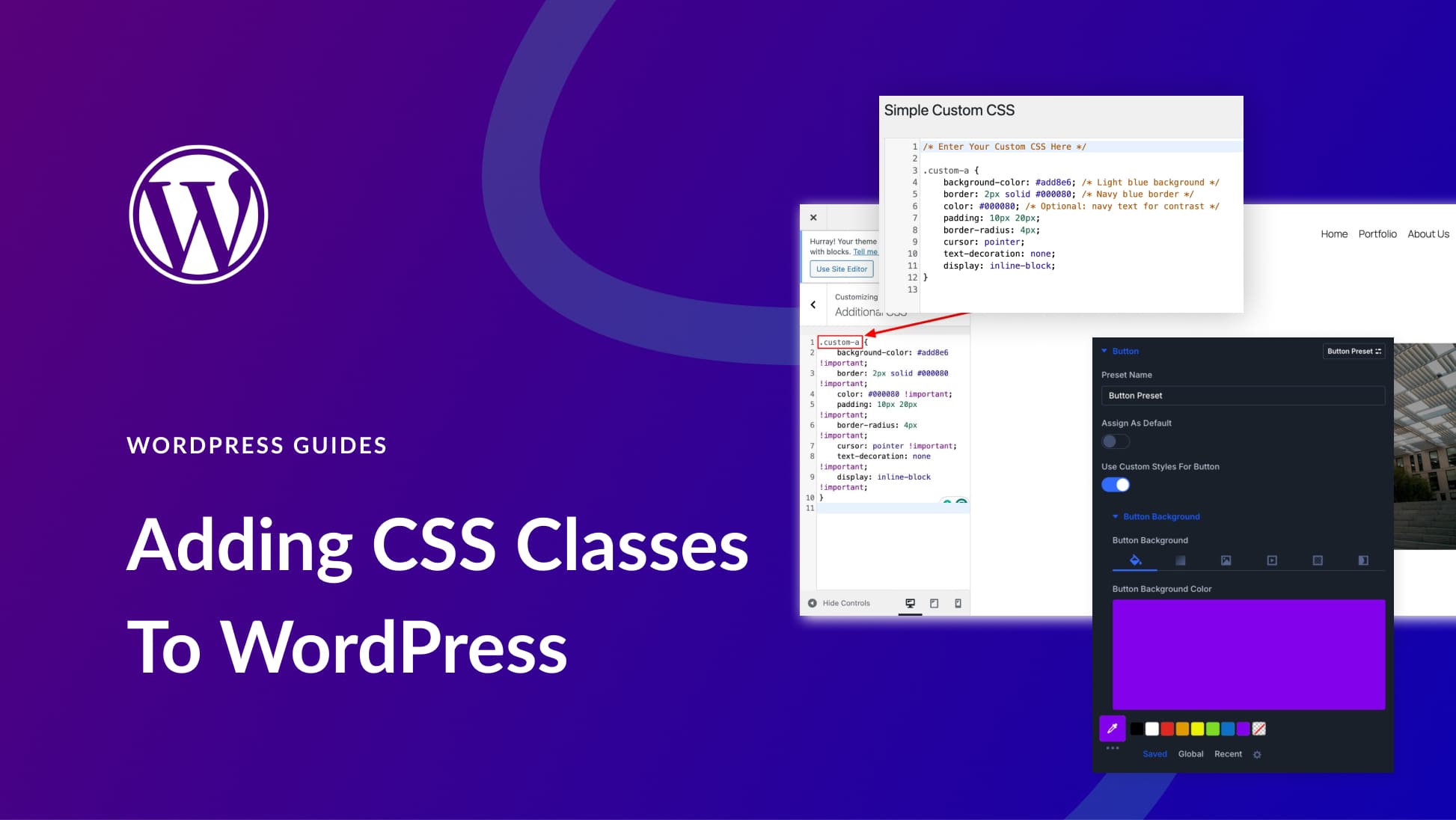

Leave A Reply